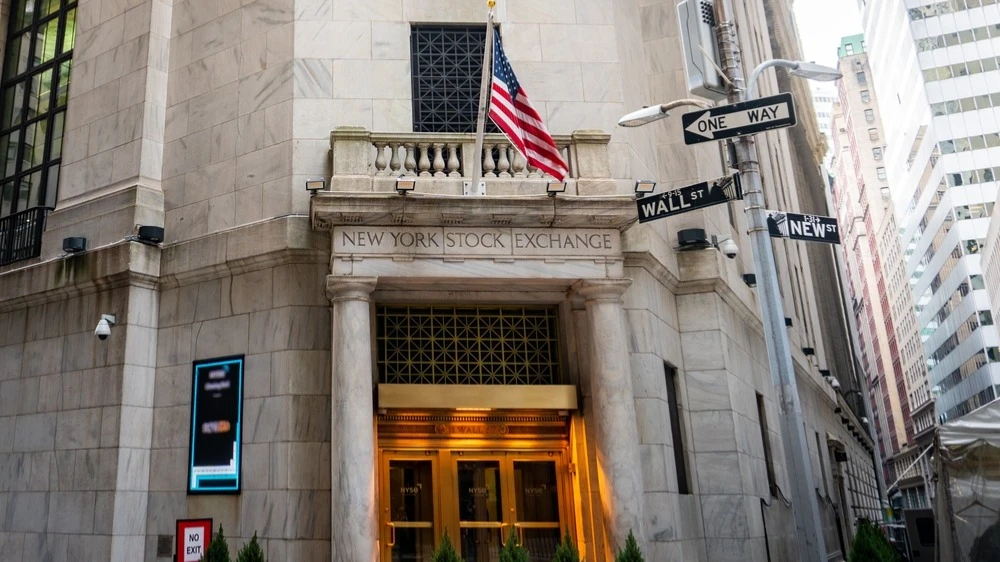Goldman Sachs changes its equity stance to bullish amid low recession risk
Investment bank strategists expect the S&P 500 index to add another 2% in the next three months

Investment bank Goldman Sachs, one of the largest on Wall Street, has upgraded its assessment of the global equity market from "neutral" to "above market" (Overweight) in both the three-month and annual outlook, Investing.comreported, citing the Global Opportunity Asset Locator report. Such a rating is equivalent to a "buy" advice. At the same time, Goldman downgraded debt assets to Underweight on a short-term horizon.
Details
Analyst Christian Muller-Glissmann believes equities look preferable late in the economic cycle, when "valuations become a greater constraint on debt assets, while the equity market can still rally on the back of expanding corporate earnings and upward revisions to valuations." "Good earnings growth, non-recessionary Fed policy easing and softening global fiscal policy will continue to support equities," the investment bank team wrote. - With recession risk subdued, we will buy stocks on the downturn through the end of the year."
Goldman strategists expect the S&P 500 index to add another 2% in the next three months and reach 6,800 points, Bloomberg recalls .
Müller-Gliessmann also pointed to diversification opportunities outside the US: European and Japanese equities have tactical catch-up potential, while players in other Asian countries could benefit from Fed policy easing, a weaker dollar, fiscal support in China and optimism around AI. The Goldman Sachs analyst expects the Fed to cut rates by 0.25 percentage points twice before the end of the year - with the possibility of one 0.5 percentage point cut if the labor market deteriorates further. In 2026, he predicts two more rate cuts - to a range of 3-3.25%.
Goldman Sachs drew parallels to the mid-1960s and late 1990s, when lower interest rates fueled a rapid rally, but warned of risks from the "three bears."
- a shock to economic growth if unemployment rises or optimism about AI wanes;
- an interest rate shock if the Fed fails to meet dovish expectations or if long government bond yields rise sharply;
- "bearish" movement of the dollar, which will negatively affect foreign investors with large positions in U.S. assets.
Bonds and metals
Corporate bond yields have become almost the same as those of much more reliable U.S. government bonds, and significant price growth for the former should not be expected, the investment bank said in a note. As a negative factor, it mentions an increase in the number of defaults on junk bonds. "The potential for yield growth is almost exhausted, we prefer to increase risk by shifting into equities and downgrade debt assets to Underweight for 3 Ma," a Goldman Sachs analyst wrote.
Goldman Sachs changed its assessment of exchange-traded commodities from Underweight to Neutral, noting the upside potential for gold and copper. Now exchange-traded commodities are able to improve portfolio diversification due to their limited supply, as well as in light of the risks of weakening currencies and reflationary shift, that is, the acceleration of economic growth aimed at overcoming deflation. In such a situation, demand for raw materials will increase, the bank believes.
For cash, Goldman Sachs has maintained an Underweight rating on a 12-month horizon. The bank believes that in the context of Fed rate cuts, yields will become a brake on the portfolio.
This article was AI-translated and verified by a human editor
